Hui-Viertel werden „sinisiert“ –unter den Bewohnern nimmt die Angst zu
Gebäude im traditionellen islamischen Stil und alle Symbole mit Bezug auf den muslimischen Glauben verschwinden aus den, von chinesischen Hui-Muslimen bewohnten, Vierteln.
Ein Magazin über Religionsfreiheit und Menschenrechte in China
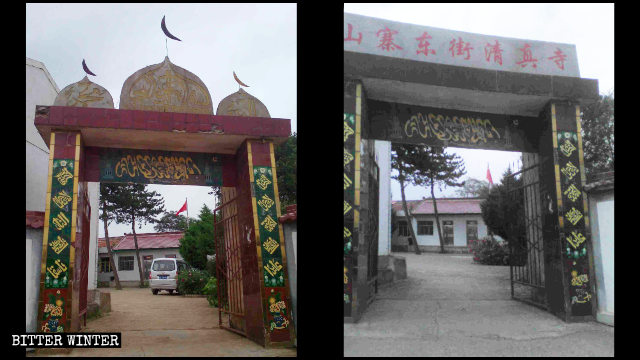
Gebäude im traditionellen islamischen Stil und alle Symbole mit Bezug auf den muslimischen Glauben verschwinden aus den, von chinesischen Hui-Muslimen bewohnten, Vierteln.
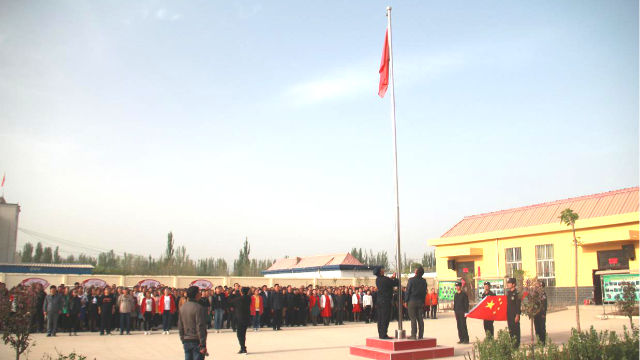
Angehörige von Mitgliedern der Kirche des Allmächtigen Gottes, die in Internierungslager gesandt wurden, werden vom Staat überwacht und gezwungen, sich einer „politischen Konversion“ zu unterziehen.
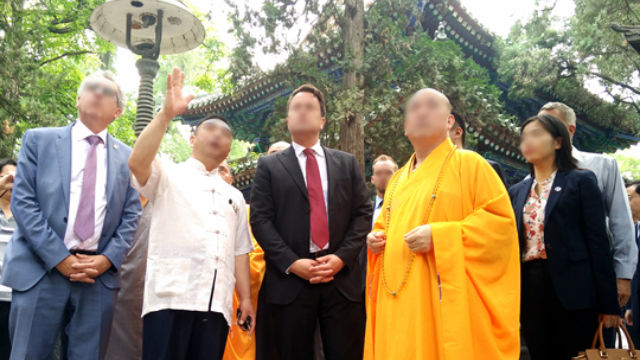
Die KPCh bildet Äbte aus, um als Sprachrohr für Propaganda zu dienen. Tempel müssen sich standardisierten Management-Assessments unterziehen.
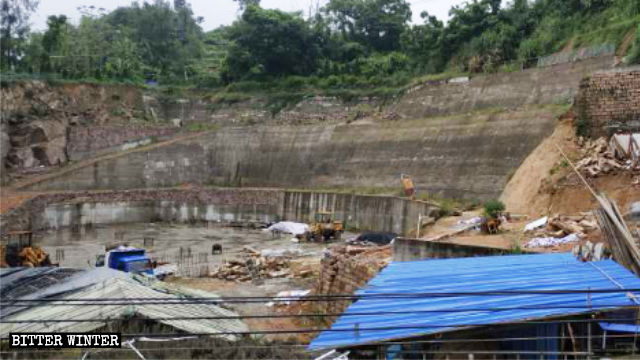
Ausgetrickst von der KPCh, haben die Mitglieder von staatlich anerkannten Kirchen keinen Ort mehr zum Beten. Sie hatten sich bereit erklärt, ihre heruntergekommenen Gebäude abzureißen.
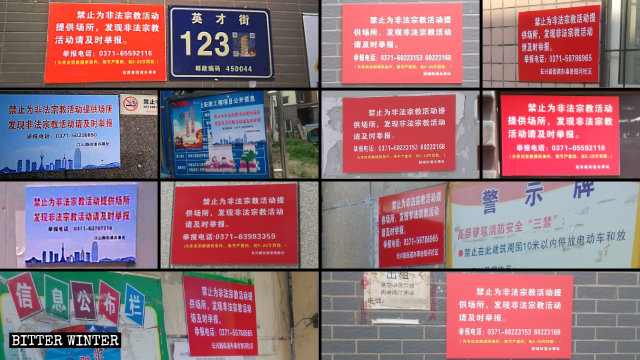
Finanzielle Belohnungen seitens der Regierung fördern in China die Kultur des Ausspionierens, stellen für gläubige Menschen eine ständige Gefahr dar und führen zur Schließung von Kirchen.
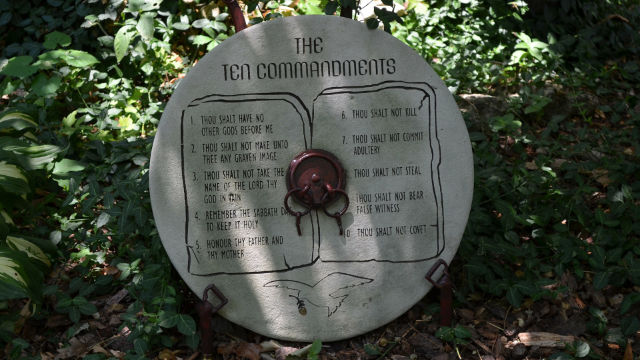
Die Regierung, deren Meinung nach die Chinesen niemand anders als die Kommunistische Partei anbeten dürfen, verlangt von den Kirchen die Streichung der wichtigsten christlichen Gebote.
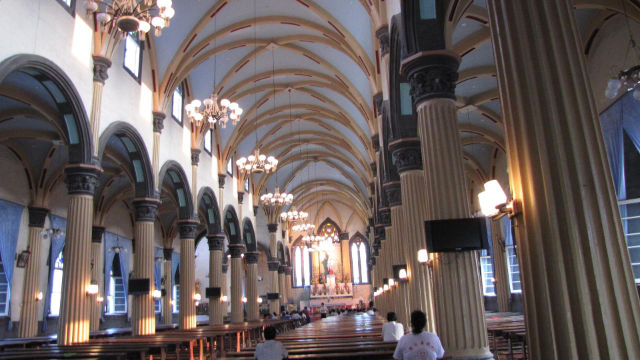
Obwohl der Heilige Stuhl gefordert hat, dass die KPCh diejenigen „respektieren“ soll, die sich weigern, der Katholisch-Patriotischen Vereinigung Chinas beizutreten, werden diese weiterhin schikaniert und bestraft.
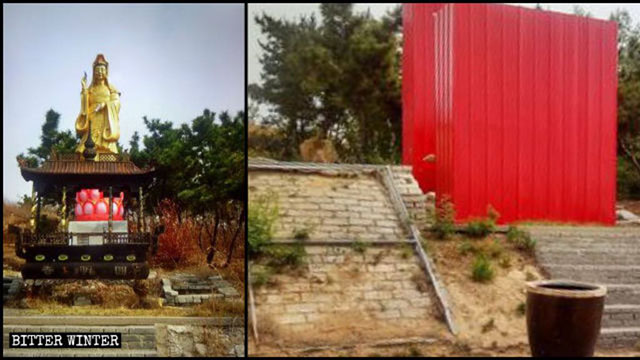
Die KPCh verstärkt bei ihren Bemühungen, den unabhängigen Buddhismus zu beseitigen, deutlich den Druck. Unter verschiedenen Vorwänden werden Tempel und Statuen zerstört und Mönche aufgefordert, „nach Hause zurückzukehren“.
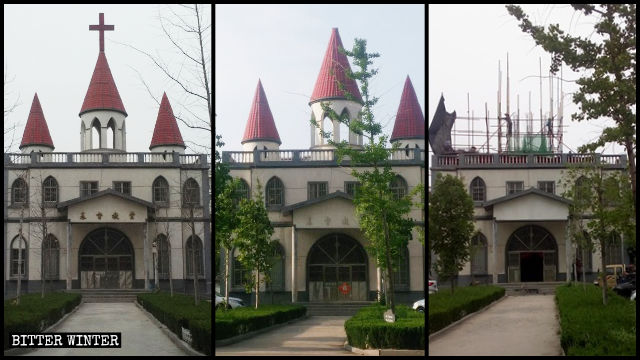
Im Rahmen der verstärkten „Sinisierungskampagne“ der KPCh werden Drei Selbst-Kirchen zwangsweise umgestaltet: Sie verlieren ihre religiösen Symbole und haben keinerlei Ähnlichkeit mehr mit der europäischen Architektur.
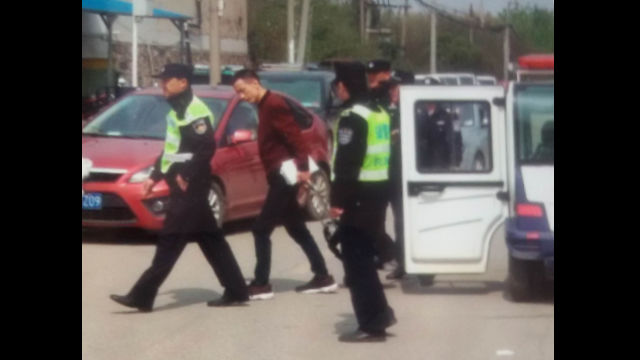
Die KPCh hat eine neue Mission: Innerhalb der nächsten zwei Jahre will sie die Hauskirchen landesweit auslöschen. Währenddessen legen sie noch einmal einen Zahn zu, schließen zwangsweise Kirchen und nehmen diese selbst im Internet ins Visier.
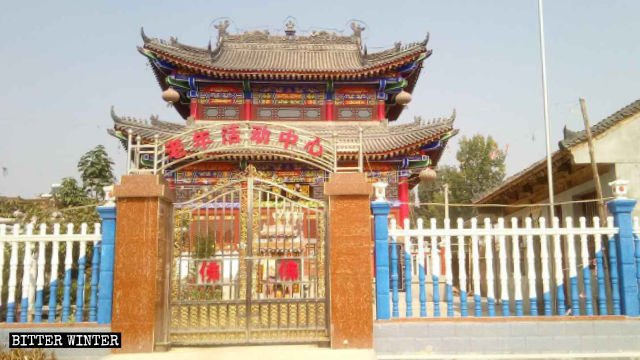
Überall im Land „transformiert“ die KPCh buddhistische und daoistische Tempel in Kultursäle, Verwaltungsämter und Freizeitzentren für Senioren.
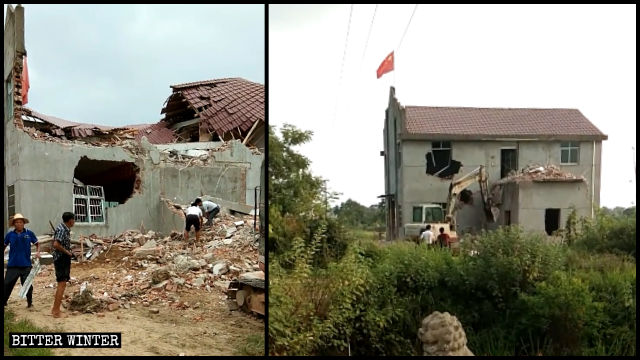
Von der Regierung kontrollierte protestantische Kirchen leiden unter brutalen Razzien – oft lassen diese zahlreiche Gläubige am Ende ohne Andachtsstätte zurück.
MASSIMO INTROVIGNE
MARCO RESPINTI
CESNUR
Via Confienza 19,
10121 Torino, Italy,
Phone: 39-011-541950
| Cookie | Dauer | Beschreibung |
|---|---|---|
| cookielawinfo-checkbox-advertisement | 1 year | Set by the GDPR Cookie Consent plugin, this cookie is used to record the user consent for the cookies in the "Advertisement" category . |
| cookielawinfo-checkbox-analytics | 11 months | This cookie is set by GDPR Cookie Consent plugin. The cookie is used to store the user consent for the cookies in the category "Analytics". |
| cookielawinfo-checkbox-functional | 11 months | The cookie is set by GDPR cookie consent to record the user consent for the cookies in the category "Functional". |
| cookielawinfo-checkbox-necessary | 11 months | This cookie is set by GDPR Cookie Consent plugin. The cookies is used to store the user consent for the cookies in the category "Necessary". |
| cookielawinfo-checkbox-others | 11 months | This cookie is set by GDPR Cookie Consent plugin. The cookie is used to store the user consent for the cookies in the category "Other. |
| cookielawinfo-checkbox-performance | 11 months | This cookie is set by GDPR Cookie Consent plugin. The cookie is used to store the user consent for the cookies in the category "Performance". |
| CookieLawInfoConsent | 1 year | Records the default button state of the corresponding category & the status of CCPA. It works only in coordination with the primary cookie. |
| viewed_cookie_policy | 11 months | The cookie is set by the GDPR Cookie Consent plugin and is used to store whether or not user has consented to the use of cookies. It does not store any personal data. |
| Cookie | Dauer | Beschreibung |
|---|---|---|
| _gat | 1 minute | This cookie is installed by Google Universal Analytics to restrain request rate and thus limit the collection of data on high traffic sites. |
| Cookie | Dauer | Beschreibung |
|---|---|---|
| CONSENT | 2 years | YouTube sets this cookie via embedded youtube-videos and registers anonymous statistical data. |
| _ga | 2 years | The _ga cookie, installed by Google Analytics, calculates visitor, session and campaign data and also keeps track of site usage for the site's analytics report. The cookie stores information anonymously and assigns a randomly generated number to recognize unique visitors. |
| _gid | 1 day | Installed by Google Analytics, _gid cookie stores information on how visitors use a website, while also creating an analytics report of the website's performance. Some of the data that are collected include the number of visitors, their source, and the pages they visit anonymously. |
| Cookie | Dauer | Beschreibung |
|---|---|---|
| NID | 6 months | NID cookie, set by Google, is used for advertising purposes; to limit the number of times the user sees an ad, to mute unwanted ads, and to measure the effectiveness of ads. |
| VISITOR_INFO1_LIVE | 5 months 27 days | A cookie set by YouTube to measure bandwidth that determines whether the user gets the new or old player interface. |
| YSC | session | YSC cookie is set by Youtube and is used to track the views of embedded videos on Youtube pages. |
| yt-remote-connected-devices | never | YouTube sets this cookie to store the video preferences of the user using embedded YouTube video. |
| yt-remote-device-id | never | YouTube sets this cookie to store the video preferences of the user using embedded YouTube video. |